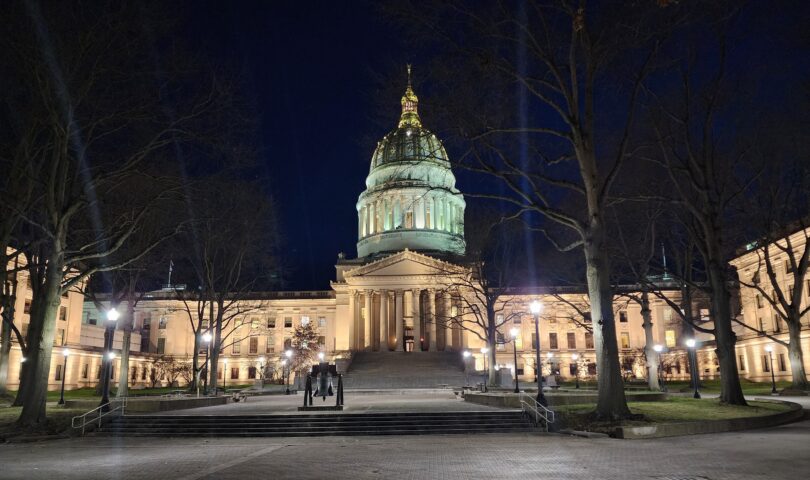MORGANTOWN — The House Workforce Development Committee on Wednesday put the brakes on a bill aimed at protecting home-based businesses, but moved one along intended to encourage people to work.
HB 5426 is called the Protect Home-Based Work Act.
It provides a list of things a local zoning ordinance may not do to a home-based business. Among them: require a permit, licenses, registration, variance, or other type of prior approval; restrict the amount of floor space; restrict the hours of operation; prohibit the provision of lawful goods or services to clients; prohibit or require structural modifications; restrict storage or the use of equipment in the dwelling unit or accessory structure that does not constitute a nuisance outside the dwelling unit or accessory structure.
The bill says the act would not supersede any deed restriction, covenant, or agreement restricting the use of land or any master deed — such as homeowner association covenants.
The bill raised a number of concerns. It wouldn’t cover local safety laws for daycares. It wouldn’t cover restaurant requirements for someone wanting to run a take-out restaurant out of their apartment. It wouldn’t cover floor space regulations for a store inside a home.
One delegate asked committee counsel, “It is the state coming in and telling local government what to do?” Counsel answered, “It could be read that way.”
Delegate Wayne Clark, R-Jefferson, summarized the thoughts of a number of committee members: “The intentions of this bill are noble.” But there are “multiple concerns in the way it’s structured.”
It could carry unintended consequences, he said, noting it handcuffs local government.
Delegate Jim Butler, R-Mason, moved to table the bill and the committee voted in favor of that, so it won’t advance to its next committee review.
HB 5375 is called the Work Protection Act and it aims to prohibit a state agency or local government from enacting or enforcing a universal basic income (UBI) program.
It defines a UBI program as a program that is not expressly required by federal law in which an individual receives a guaranteed cash payment regularly. It says a state agency or local government may not enact or enforce a UBI program unless expressly authorized by state law.
Delegate Kayla Young, D-Kanawha, had an extended exchange with committee counsel about how exactly the bill would protect work.
Counsel first said it stops people from relying on the government and creates an incentive to go to work. She cited some test programs in several cities — back to the Johnson administration in 1968 — that showed UBI programs reduced people’s incentive to work.
Pressed on the converse, how it might promote work, she told Young, “I’m not sure.”
Counsel could also not answer if the phrase “cash payments” also referred to checks and direct deposits.
Delegate Bob Fehrenbacher, R-Wood, said, “I understand the intent and the motivation to support work. … Getting off public dole is admirable.” But the bill could have unintended consequences, he added.
Young worried that the bill could undermine such state programs as Ascend, PROMISE and the IDD waiver.
But Delegate Geoff Foster, R-Putnam, countered that the bill makes clear that if state or federal law authorizes a program, they’re still allowed.
He was among several who said the bill needs some tightening up and clarification, but it’s basically good.
The committee approved it in a divided voice vote, and it goes next to Government Organization, where it will see some tweaking if it comes onto an agenda.
EMAIL: dbeard@dominionpost.com
TWEET @DominionPostWV




